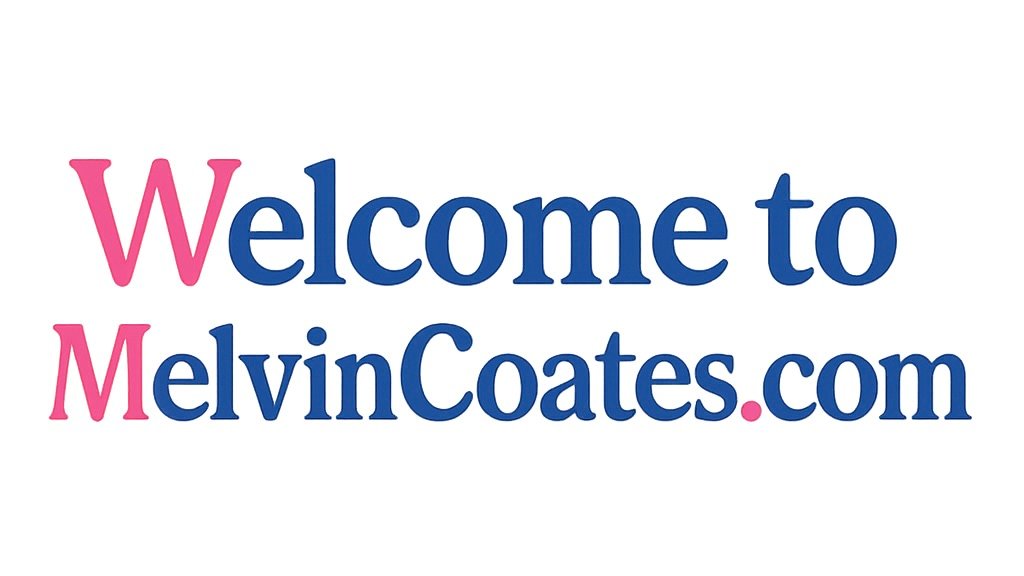What Happens When the News Starts Echoing Power Instead of Questioning It?
In a time when truth feels more fragile than ever and trust in media sinks further each year, something big just happened in our national narrative. It may not seem obvious at first glance to everyday folks busy with work, bills, and life, but make no mistake—it matters. A lot.
Paramount, after merging with Skydance, just handed the leadership of CBS News to Bari Weiss—a woman who’s branded herself as an “anti-woke” journalist and who currently runs a media outlet known for cozying up to right-wing rhetoric. That might seem like just industry news to some, but to me, as someone who’s relied on journalism to tell stories that matter, this feels like a pivotal moment with real consequences.
Why This Shift Should Matter to Us All
CBS News isn’t just any network. It’s one of the Big Three. It was the platform of Walter Cronkite, a man my generation remembers as the one who told us the truth, straight—whether it was about Vietnam, Watergate, or the moon landing. That legacy used to mean something. The kind of something that wasn’t supposed to bend to partisan manipulation, even when politics got nasty.
But this move feels different. Bari Weiss, whether you agree with her or not, isn’t just another face in media. She’s built her brand catering to a certain audience—those skeptical of social justice movements, critical of diversity efforts, and defensive of a certain powerful status quo. She’s, in many ways, become a darling of folks who cheer when someone pushes back against inclusivity in schools and slams the idea of systemic racism.
Now she’s in charge of CBS News. That’s not evolution—that’s revolution, and maybe not the good kind.
Legacies and Leverage
Let’s just lay it out: news shapes not just what people *know*, but *how* they understand the world.
If someone with a reputation for blending opinion and ideological bent into storytelling takes the reins of a venerable institution like CBS, there’s the risk of turning fact into fuel for political gain.
And let’s consider the timing. This comes as we approach yet another critical election year. The idea that Donald Trump now has a media chief potentially favorable to his messaging at one of the country’s biggest networks? That’s not just media strategy—that’s political positioning.
When you connect that to how previous elections were swayed by media narratives, and how disinformation runs rampant today, you begin to understand—this is deeper than job titles. This is a shift in public trust.
Truth or Tribalism?
I’ve worn the uniform. I’ve fought beside people from all walks of life, and I’ve seen what happens when our shared sense of truth is compromised. In combat, trust keeps you alive. In America? Trust in institutions like the press keeps our democracy alive.
If media becomes just another battleground of political tribes, we all lose something precious. We’re not just fighting over stories—we’re fighting over *reality*. And once that gets too blurry, what’s left?
Power Should Be Questioned, Not Echoed
Whether liberal, conservative, or somewhere in between, the role of journalism is—to borrow an old phrase—to comfort the afflicted and afflict the comfortable. That means holding power accountable, not aligning with it.
If our legacy news becomes more interested in protecting political interests than revealing uncomfortable truths, then the door opens wider for injustices to flourish unnoticed. For communities like mine—Black, veteran, underserved—that’s terrifying. We depend on truth-telling. We’ve bled for this country, we’ve struggled through the red tape and discrimination just to be heard. If major outlets stop listening, who’s left?
Final Thoughts: The Stories That Still Need Telling
I won’t pretend I have all the answers. I don’t. But I do know this—we still need journalism that reflects *all* voices, not just the loudest ones backed by wealth or power. We still need reporters who knock on dirty doors, ask hard questions, and don’t shy away from uncomfortable truths.
It may be tempting to tune out, to say, “That’s just media politics.” But this decision by Paramount-Skydance isn’t just about ratings. It’s about whose stories get told—and how.
We need to keep watching. We need to speak up. Say something when you see bias, ask questions when headlines feel like spin, and more than anything—remember that democracy can’t survive without a press that acts independently of political agendas.
Let’s not just be passive consumers. Let’s demand truth. Even when it’s not convenient. Especially then.
**Let me hear your voice. Do you think this change at CBS News will shift what we see and hear? Do you trust the media more or less today than you did a year
